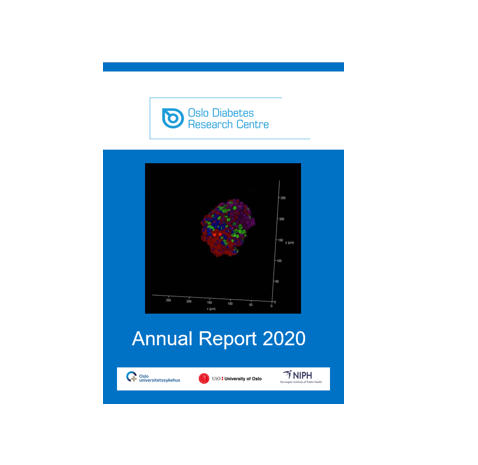Paz L. D. Ruiz, Lei Chen, Jedidiah I. Morton, Agus Salim, Bendix Carstensen, Edward W. Gregg, Meda E. Pavkov, Manel Mata-Cases, Didac Mauricio, Gregory A. Nichols, Santa Pildava, Stephanie H. Read, Sarah H. Wild, Jonathan E. Shaw & Dianna J. Magliano Diabetologia (2022)
People with type 1 diabetes have a higher risk of mortality than do people without diabetes, but it is unclear how the excess risk of death in people with type 1 diabetes has changed over time.
In this study we assembled aggregate data on mortality during the period 2000–2016 in people with type 1 diabetes aged 0–79 years from Australia, Denmark, Latvia, Scotland, Spain (Catalonia) and the USA (Kaiser Permanente). We found an all-cause mortality rates in people with type 1 diabetes in the six data sources from 2000 to 2016. The excess mortality in people with type 1 diabetes relative to those without diabetes, declined over time in half of the six included data sources. People with type 1 diabetes still had a 2–5 times higher risk of death compared to those without diabetes Continuous improvement in the multidimensional management for people with type 1 diabetes is critical for on-going reductions in mortality.




















